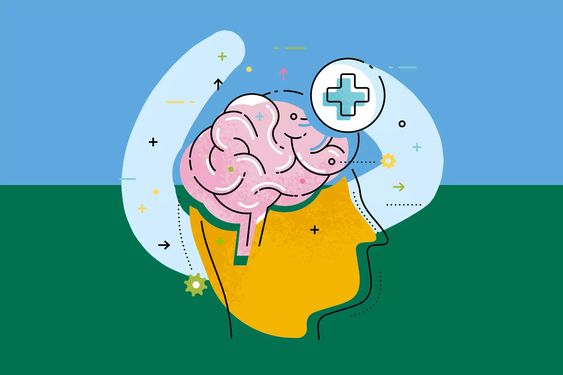Introduction
As we age, it's natural for our bodies to change — and our brains are no exception. Cognitive decline, which refers to a decrease in cognitive function like memory, attention, and processing speed, is a common concern associated with aging. While some degree of cognitive slowing is a normal part of getting older, there are proactive steps we can take to maintain our brain health and potentially reduce the risk of more serious cognitive impairment.

This article will explore evidence-based strategies for preventing cognitive decline as you age. From lifestyle modifications to mental exercises and social engagement, we'll delve into actionable steps you can incorporate into your daily life to support your cognitive vitality for years to come.
Lifestyle Factors for Cognitive Health
Diet and Exercise
Just as our physical health benefits from a balanced diet and regular exercise, so too does our brain health.
- Mediterranean Diet: Research suggests that adhering to a Mediterranean-style diet, rich in fruits, vegetables, whole grains, and healthy fats, is linked to a lower risk of cognitive decline.
- Regular Physical Activity: Engaging in regular exercise, even moderate-intensity activities like brisk walking, has been shown to improve blood flow to the brain and promote the growth of new brain cells.
Sleep and Stress Management
Adequate sleep and effective stress management are crucial for cognitive function at any age.
- Prioritize Sleep: Aim for 7-8 hours of quality sleep each night. Sleep allows your brain to consolidate memories and clear out toxins.
- Stress Reduction: Chronic stress can have detrimental effects on the brain. Explore stress-reducing techniques like mindfulness, meditation, or yoga.
Cognitive Stimulation and Social Engagement
Mental Exercises
Keeping your brain active and challenged is vital for maintaining cognitive function.
- Cognitive Training: Engage in brain-training activities like puzzles, Sudoku, crosswords, or brain-training apps.
- Learn New Skills: Taking up a new hobby, learning a new language, or pursuing a new area of interest can provide stimulating mental challenges.
Social Connections
Maintaining strong social connections is not only emotionally beneficial but also crucial for brain health.
- Socialize Regularly: Make an effort to spend time with loved ones, engage in social activities, and participate in group events.
- Meaningful Relationships: Nurturing close relationships and having meaningful conversations can help keep your brain sharp.

.jpg)